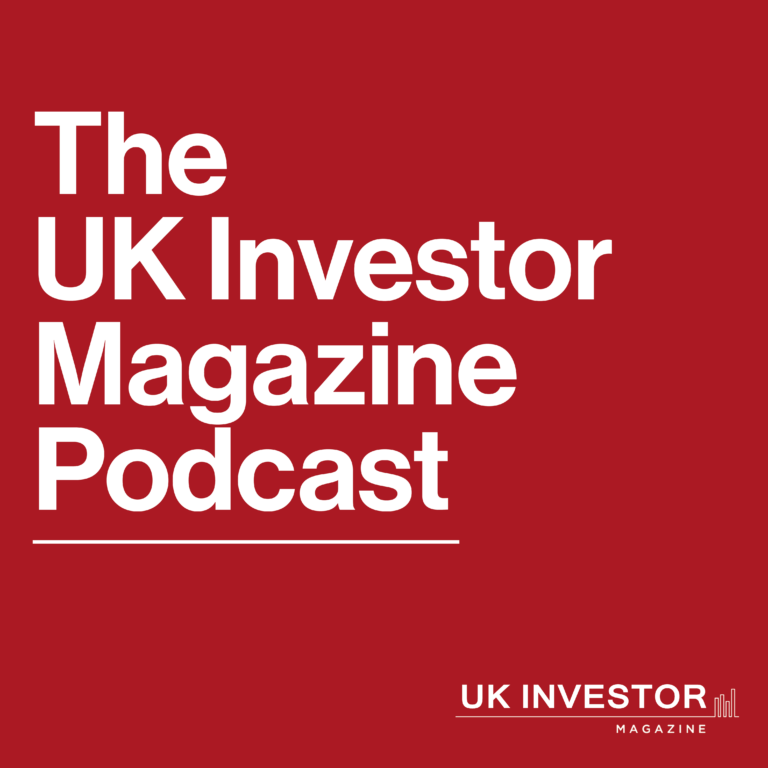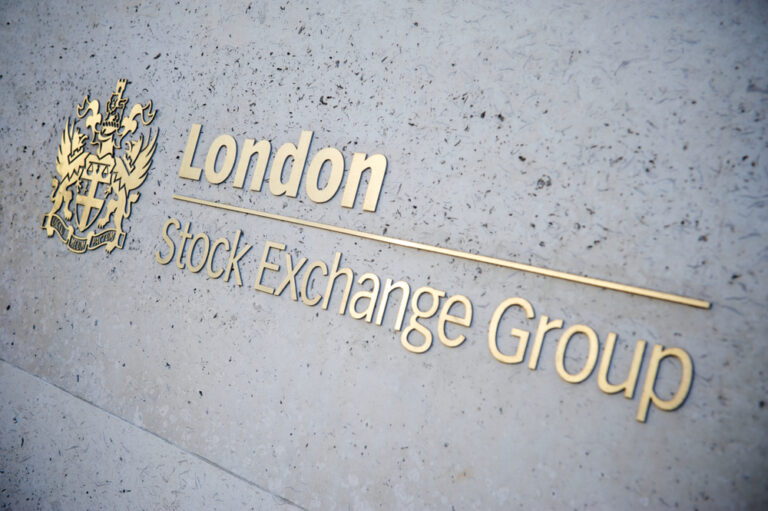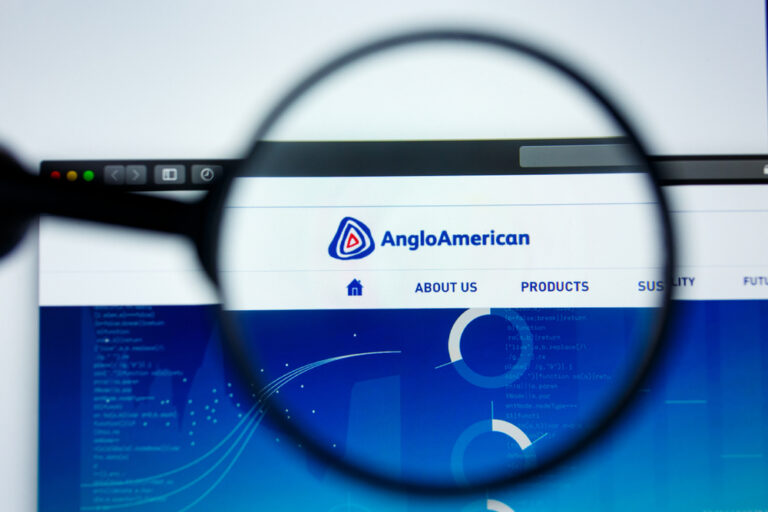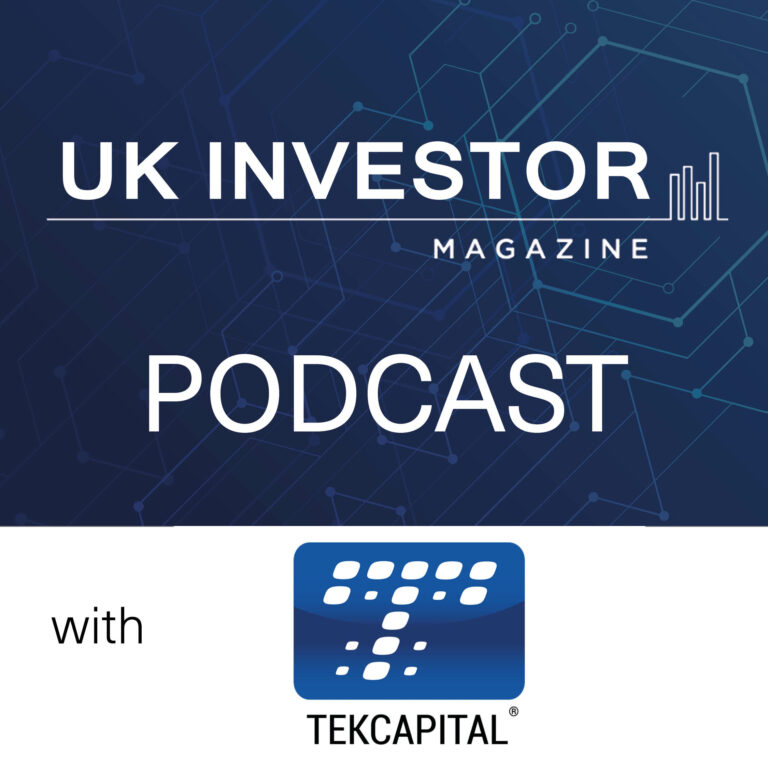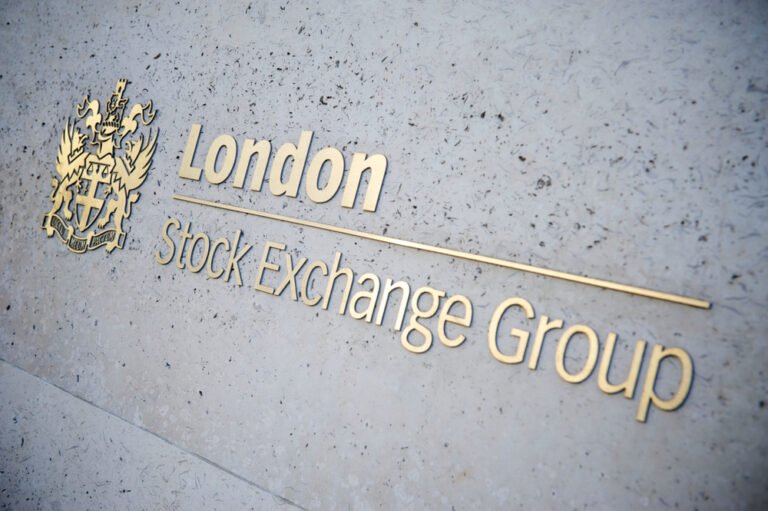Martin Connaghan, Samantha Fitzpatrick, Co-Managers of Murray International Trust PLC
- There is still little detail on the US administration’s tariff regime
- Tariffs may be imposed indiscriminately on countries, or targeted at specific industries
- While the situation is opaque, the tariff regime cannot be ignored.
Donald Trump’s arrival at the White House has unleashed a flurry of activity. However, while we have clarity on some areas of his policy agenda, companies across the world are still waiting to hear more on the issue that, arguably, affects them most – tariffs.
For an investor trying to navigate this environment, there are a number of complexities. There has been a lot of rhetoric, and the broad ambition to ‘make in America’ is clear. However, it has come with very little detail. During the election campaign, tariffs on Chinese of as high as 60% or as low as 10% were suggested.
There is also little clarity on whether tariffs will be applied indiscriminately to individual countries or whether the new administration will be more discerning. Will the 25% tariff mooted for Canada apply to US oil imports? Canada provides around half of US oil imports – and that oil is used in manufacturing everything from plastic to lipstick. Are US citizens ready for the inflationary impact of imposing such tariffs on it?
Starting point for negotiation?
Equally, there is the question of whether every statement on tariffs is simply the starting point for negotiation. Tariffs on Columbia were removed after a deal was struck on deportation flights, which suggests that deals can be done. Similarly, Trump has made curbing fentanyl exports a condition of lowering Chinese tariffs.
In reality, Trump is likely to be more nuanced about the sectors and countries that he targets. The US doesn’t have the capacity or the skillset to replace all imports with domestic options and he will be conscious about raising inflation. Countries are likely to respond to tariffs in kind. It would be naïve of the US to assume that the impact will all be one way.
It is clear that companies are not yet taking action. While there has been some impact on share prices in areas such as the spirits industry, it has often been hard to disaggregate the impact of concern over tariffs from other factors. For example, the Mexican stock market has been weak, but this may be as much to do with the new government’s policies than the US tariff regime.
Portfolio holdings
That said, while the situation is opaque, the tariff regime cannot be ignored. It is important to understand where the potential vulnerabilities are within the Murray International portfolio, and try to put some parameters round its possible impact. We hold Mercedes Benz, for example. We need to understand whether tariffs could impact its supply chain and push up its prices, which in turn could influence demand.
We have already done this exercise with companies such as Pernod Ricard. China imposed anti-dumping tariffs on European Union brandy imports in October. Pernod Ricard has seen its sales in China drop 26% in the latest quarter alone. However, this needs to be set against a sharp drop in the group’s share price, and there is a question of whether the market has over-reacted. This type of issue will rarely make or break the type of companies in which we invest, and may even be a buying opportunity if the price over-corrects.
There are areas where the country may be at risk of tariffs, but the companies we hold are not. This is true for our holdings in Mexico. It is difficult to see how tariffs could be applied to airport operator Grupo Aeroportuario del Sureste (ASUR), or Mexico’s domestic Walmart, Walmex. In Canada, we hold a pipeline company that is unlikely to be affected. Similarly, in China/Hong Kong, we hold Hong Kong Exchange, which is unlikely to be vulnerable to tariffs.
Reshoring continues
We don’t believe that the new US administration will derail the re-shoring trend. Companies will still need to diversify their manufacturing and supply chains. US consumers are unlikely to absorb a vast increase in the cost of their iPhone just because it is made in America. Diversifying their supply chains gives companies the flexibility to deal with problems like trade wars and tariffs.
We are also keeping in mind some of the other potential impacts from the Trump presidency. If tariffs were to prompt a significant spike in inflation, for example, it could keep interest rates higher for longer. This in turn may keep the Dollar high. Emerging market central banks often follow US interest rate policy, and this might stall rate cuts. That would be a tougher environment for emerging market companies. On the other side, if rates in the US were to fall, it could be a catalyst for a re-rating of emerging markets.
There is also a question of how China responds. Chinese growth in the fourth quarter was robust, tipping over the Government’s target of 5%. It is possible that China responds with retaliatory tariffs plus a stimulus package if US tariffs pose a threat. Any stimulus measures could boost the Chinese consumer, and Asia as a whole. It is not as simple as US tariffs automatically meaning trouble for China.
This is an environment that requires some flexibility. As managers of Murray International, we need to be alert to companies that could have vulnerabilities and assess the potential outcomes. The situation is likely to become clearer over time, and we will be able to gauge how companies are handling it. However, tariffs are not new, and good companies can navigate these threats.
Important information
Risk factors you should consider prior to investing:
- The value of investments and the income from them can fall and investors may get back less than the amount invested.
- Past performance is not a guide to future results.
- Companies selected for illustrative purposes only to demonstrate the investment management style described herein and not as an investment recommendation or indication of future performance.
Other important information:
Issued by abrdn Fund Managers Limited, registered in England and Wales (740118) at 280 Bishopsgate, London EC2M 4AG, authorised and regulated by the Financial Conduct Authority in the UK.
Find out more at https://www.abrdn.com/en-gb/myi or by registering for updates. You can also follow us on X, Facebook and LinkedIn.



